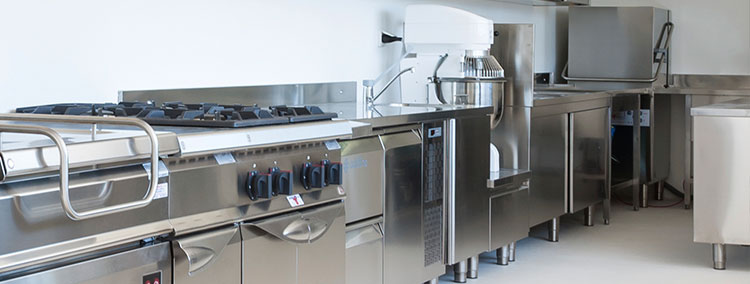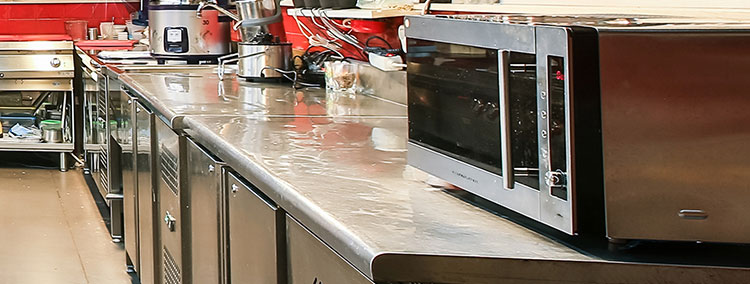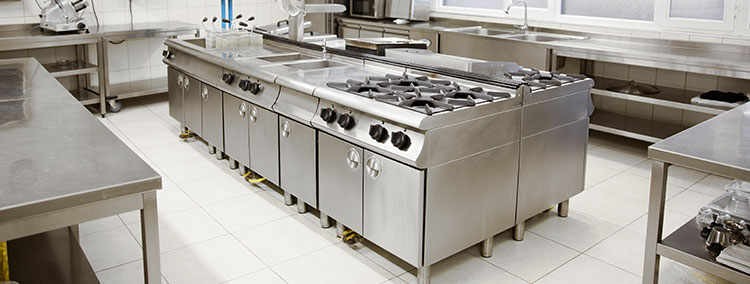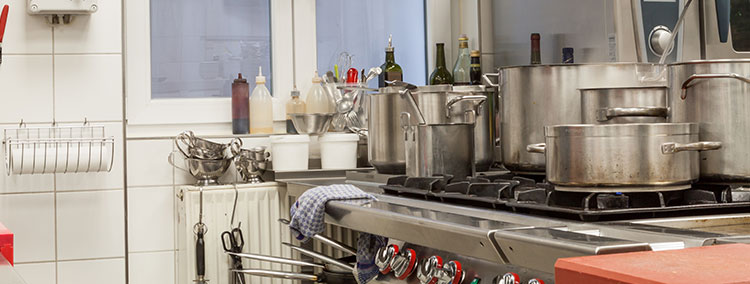Sometimes some homeowners go for a long time without cleaning their dishwashers, which is wrong because it not only makes the appliance work too hard than it should but also brings many other problems.
How do you tell that you have ignored your appliance for too long and it’s time to show it some love? Here are things you should look out for as given by dishwasher repair professionals.
Your dishes come out dirty and cloudy.
It’s annoying to wait for a washing cycle to finish and then find that your dishes are still dirty or have a white, cloudy film.
Dirty and cloudy dishes can be a sign that you need to clean your dishwasher more or use dishwasher soap made for hard water.
Residue on dishes or other items can also be a sign that your dishwasher needs some attention. In some cases, it can also be a sign of other problems. To be safe, check on your dishwasher and clean it at least once a month.
In addition to checking the filter and racks once a week for buildup, you should take the racks and filter or screen out and clean them with warm water and dish soap.
You also should look for a film or rough coating on the inside of the dishwasher. Here check to see if the holes in the spray arms are clogged, and give the arms a push by hand when the machine is off to see if they spin easily.
The dishes come out with a weird smell.
If you don’t keep an eye on your dishwasher filter and clean it regularly, it’s easy for it to get full of food bits. These food pieces give off an awful smell that makes your house uncomfortable to live in. The food pieces can also cause bigger, more expensive problems.
To prevent these problems, check and clean the filter after every use and sanitize your dishwasher at least once a week.
You also should consider filling a bowl with white vinegar, putting it on the top or bottom rack, and running a normal clean cycle with hot water.
When done, use a simple mixture of water, dish soap, and white vinegar to clean the door locks and the inside of the dishwasher.
The dishwasher doesn’t drain as well as it should
If you’ve ever seen a pool of water at the bottom of your dishwasher or water spilling into your sink, this may not only be a sign of a clog that needs clearing but also that your dishwasher might need to be replaced altogether.
Bring in the experts if you’ve cleaned out the filter basket, and there is still standing water, or your dishwasher continues to be slow-draining.
A step-by-step guide to cleaning your dishwasher
To prevent the issues that come with poor care, you should regularly clean your dishwasher. To help you out, here are the steps you should follow:
Remove all the dishes and pans.
Empty out your dishwasher of lingering plates, pans, cups, or utensils. You want to avoid getting in the way of deep cleaning, especially if you haven’t cleaned your dishwasher in a while.
Remove and soak the removable parts.
If you’re overwhelmed by cleaning your dishwasher, remove the removable parts first. Cleaning the utensil holders and dishwasher racks is a great place to start.
Give them a good rinse with a paper towel or damp cloth first. If these parts look extra dirty, you can soak them in your sink with warm water and 2 cups of white vinegar while you take care of the rest.
Get rid of food debris.
You should put on those cleaning gloves if you haven’t already. Get a paper towel and start picking up any food still stuck. You should remove all the debris before you take the next action.
Run a hot cycle
Again, distilled white vinegar comes to the rescue. Pour 1 cup of pure white vinegar into a bowl that can go in the dishwasher. Put it on the top rack of your empty dishwasher with the right side up. Run your dishwasher on the hottest setting and leave the door open when it’s done.
Clean the drains
Most of the time, the drain will be on the bottom of your dishwasher. It can also cause clogs, water back-ups, and food bits to stick around.
To clean it, mix 2 tablespoons of baking soda with 2 tablespoons of warm pure white vinegar and pour the mixture down the drain. After about 15 minutes, slowly pour hot water over the mixture to clear it.
Clean the filter
Every dishwasher is different. Some modern appliances have screens that clean themselves. Check your manual to see if yours has a filter that cleans itself. If not, your dishwasher’s manual will tell you how to remove the filter for cleaning.
Once the filer is off, clean it out with a wet paper towel or microfiber. You should then clean it with warm water, soap, and a toothbrush. The purpose of doing this is to ensure that you scrub and get even into the small areas.
Pay attention to the inside door.
Clean that toothbrush, swirl it around in hot water, and then use it to wipe and scrub around the inside of the door.
Allow your dishwasher to air dry.
If your dishwasher still feels wet after the run, let it dry completely before closing it. Put back the parts that you had taken off.
For a fresh-smelling dishwasher, repeat this process at least once a month or as needed.
Parting shot
These problems come from failing to clean your dishwasher as often as possible. To prevent the issues, make it a habit to clean your unit at least once a month.
In most cases, you must clean the appliance by yourself, but if you encounter a problem, let a professional appliance repair Springfield look at it.
When hiring a repair professional, ensure they are experienced and know what they are doing.






